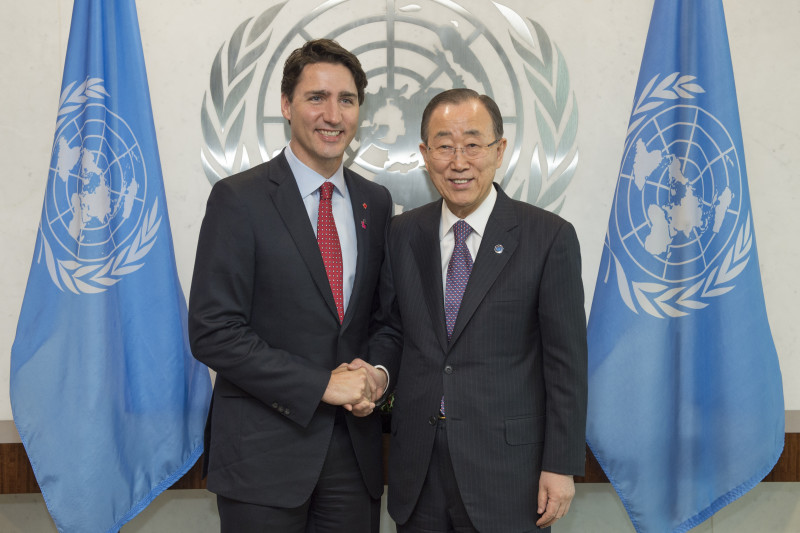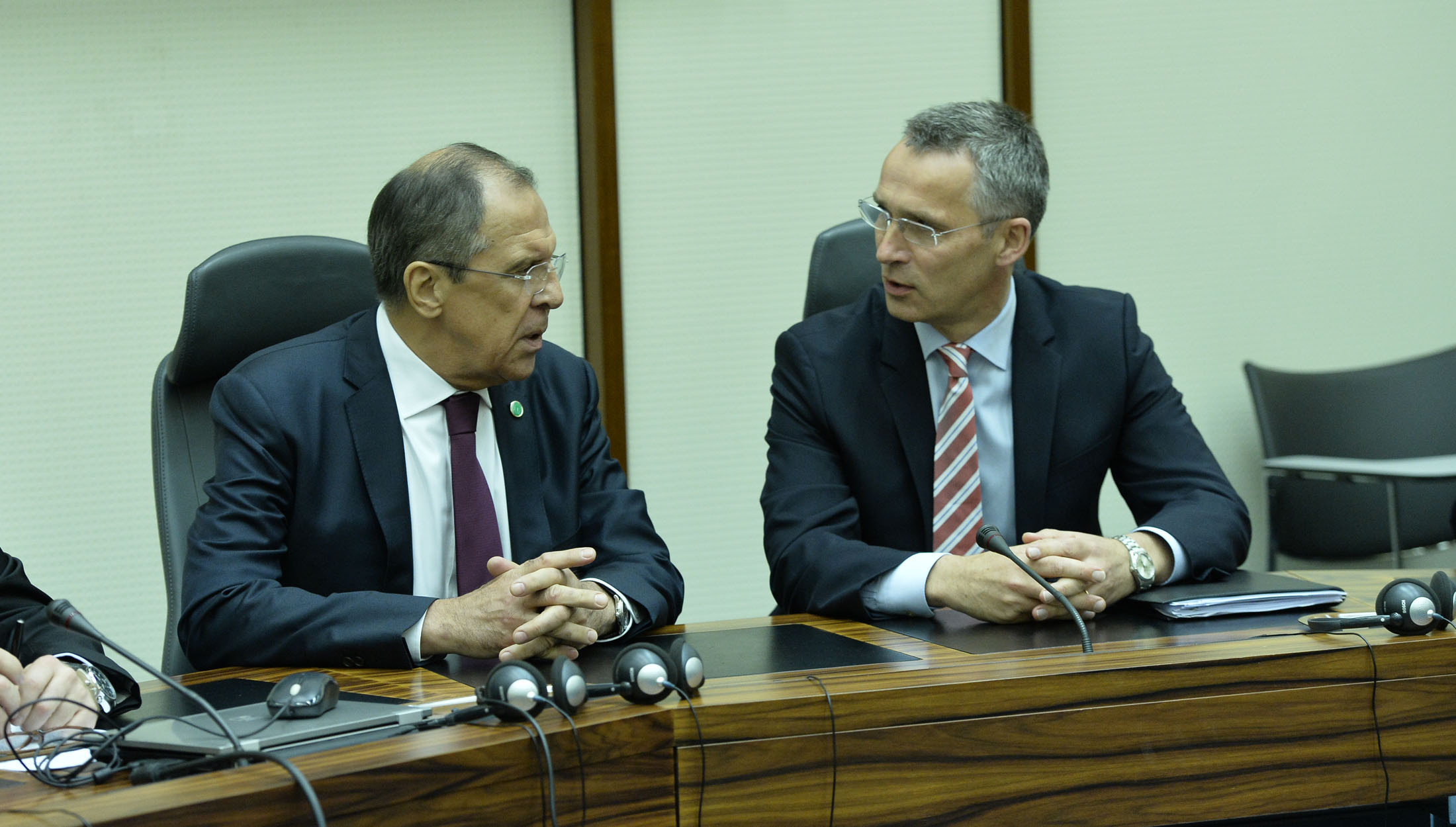As Canada begins campaigning for a seat on the United Nations Security Council, Prime Minister Justin Trudeau announced that Canada will seek a renewed presence in UN peacekeeping. With Canada having largely withdrawn from UN peacekeeping nearly 20 years ago, Neil Siviter examines how UN peacekeeping has changed, and also, how Canada can re-engage with these operations.
Author: Neil Siviter
Neil Siviter is currently a writer for the NATO Association of Canada's Arc of Crisis Program, and also, an intern with the Corporate Engagement team of the Ontario Chamber of Commerce. Neil completed his Bachelor of Arts (Honours) in Political Science at Nipissing University, with a focus on Canadian foreign policy and contemporary conflict studies. With an introduction to the NATO Alliance through Carleton University's Model NATO conference in 2013, Neil served as Head Delegate to the conference in 2014 and 2015, leading Nipissing to win Best Delegation, while further cultivating his interest in security studies. In the past, Neil has interned within the Office of the Minister of Employment and Social Development Canada, the U.S. Consulate General of Toronto, and the Department of Public Information of the United Nations in New York City. As a recipient of a Global Grant Scholarship from Rotary International, Neil will be pursuing his Master of Arts in War Studies at King’s College London this fall.
Reconvening the NATO-Russia Council: How Renewed Engagement Could Strengthen Global Security
For two years now, following Russia’s illegal annexation of Crimea in 2014, cooperation within the NATO-Russia Council (NRC) had been suspended. With a meeting of the NRC scheduled to take place in April 20, 2016, Neil Siviter examines how renewed cooperation could strengthen approaches to longstanding international security issues.


